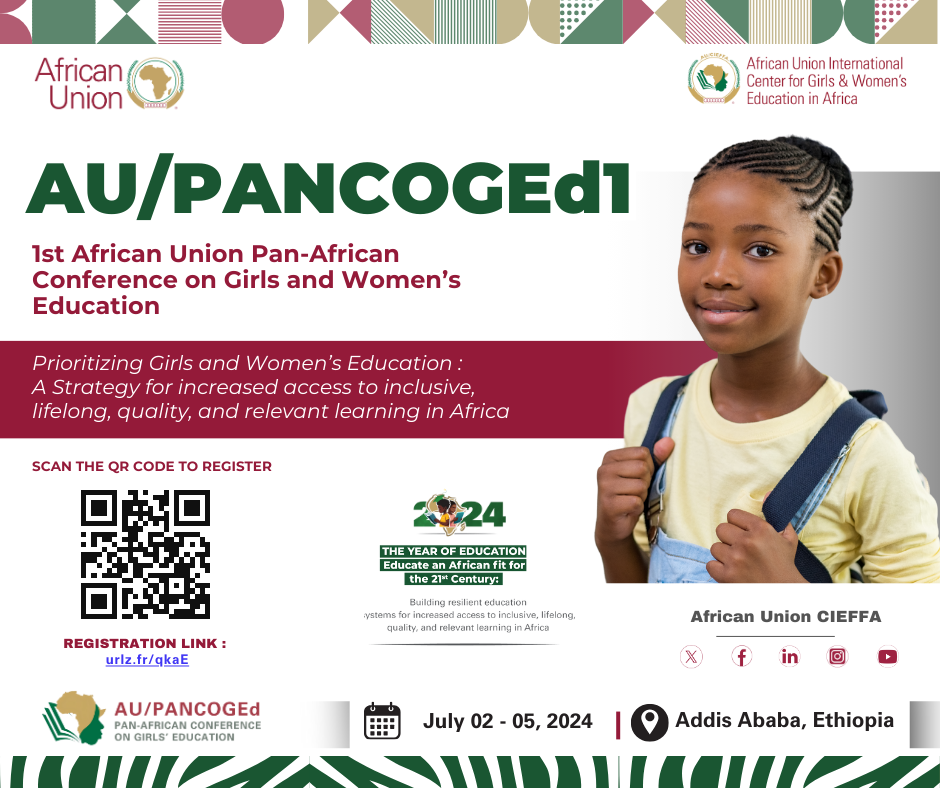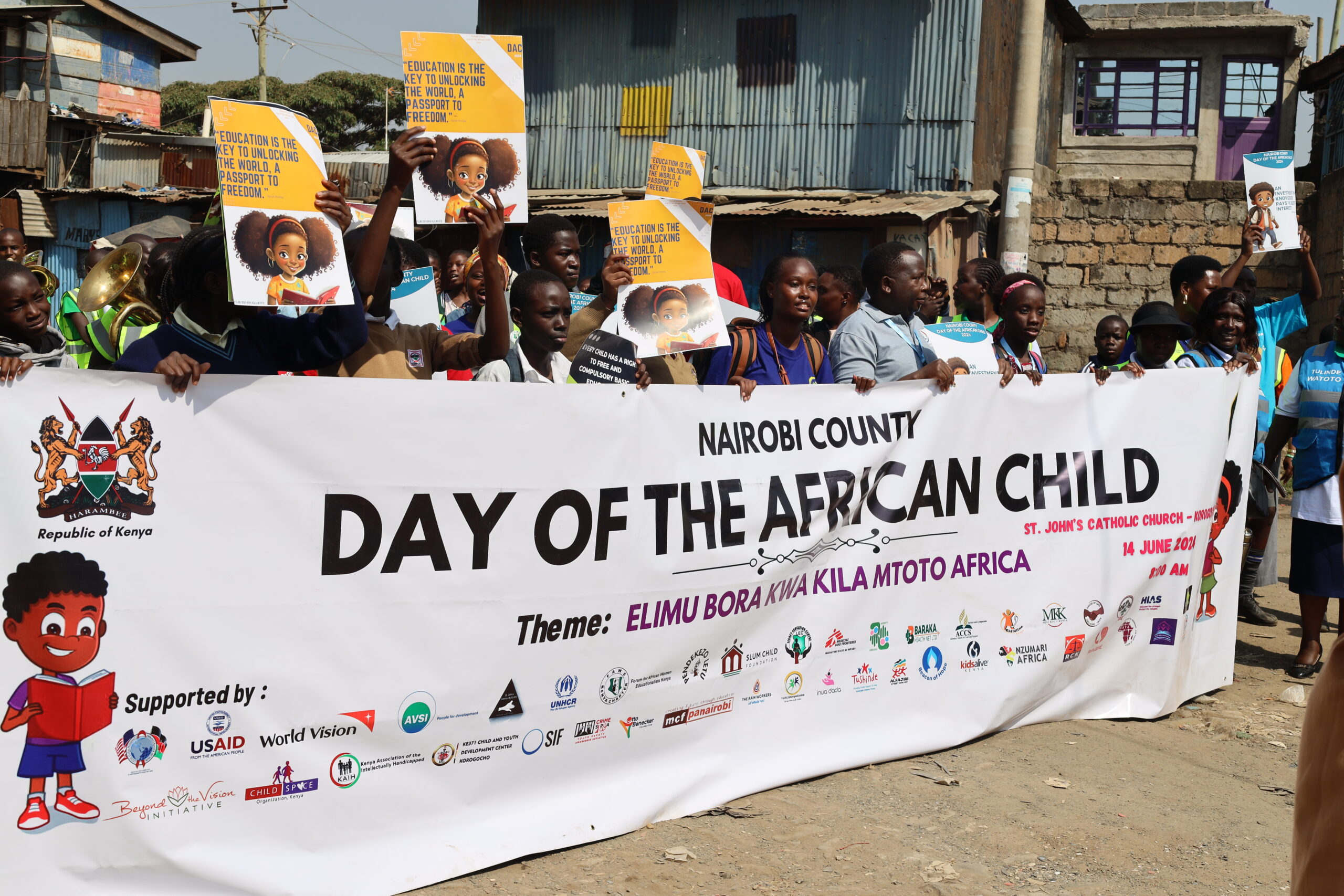It has been two years since the AfCFTA (African Continental Free Trade Area) agreement became operational. The AfCFTA is a free trade area agreement among African countries and it was established in March 2018 by the African Union with the goal of promoting trade and economic integration among African countries.
At its inception, the World Bank in its 2020 report estimated that the implementation of the AfCFTA would spur larger gains for women, with a 10.5 percent increase (compared to 9.9 percent for men) in their wages. To actualize this estimation, it is important to identify the possible challenges that could hinder the inclusion of women and girls in the implementation of the AfCFTA and potential impacts and implication on their human rights and propose solutions to not only address those challenges but to also enhance partnerships with the relevant AU Organs and stakeholders to curve the unintended consequences of AfCFTA on girls and women’s human rights.
In alignment with the 2023 AU theme of the year, “Acceleration of the African Continental Free Trade Area (AfCFTA) Implementation”, the 39th pre-summit consultative meeting was held from 12– 14 February 2023 in Addis Ababa, Ethiopia under the theme: “The Implementation of the AfCFTA: Breaking Trade Barriers of African Women and Youth to Ensure their Inclusion”.
The AfCFTA anticipates boosting the continent’s income by 450 billion USD and increasing intra-Africa exports by over 81 percent. It is also expected to lift 30 million people out of extreme poverty. With women constituting more than 50 percent of the continents the population, the need to invest in women and girls’ education cannot be emphasized. It remains an important tool to solving existing inequalities that lead to unequitable access to productive inputs, such as land, labour as well as capital and under-representation in the decision-making structures.
FAWE held a panel discussion at the 39th GIMAC pre-summit meeting dubbed “Education as a catalyst in the roll-out of the African Continental Free Trade area.” Moderated by FAWE’s Advocacy and Partnerships Officer Ms. Fraciah Kagu, the diverse panel included Ms. Victoria Egbetayo, Lead, Global Public Policy, Advocacy and Partnerships at the Global Partnership for Education, Ms Munnira Katongole, Youth, Joint UNAIDS-Education Plus and Dr. Musavengana Chibwana, Senior Education and Humanitarian Advisor SCI-AULO.
One of the greatest take aways from the discussion was that there was an urgent need to revise education curriculums. Education curriculums form the base that is much needed to equip citizens with the pre-requisite knowledge and technical know-how to navigate trade; be it in country trade or cross-border trade.
Speaking during the webinar session, Ms. Victoria Egbatyo stated “Globally, two thirds of countries have cut down domestic education financing and as a result, 87% of children cannot engage in basic reading and writing.”
Literacy is a key requirement for almost every sector including the Small and Medium Enterprise space. Therefore, it is paramount that everyone receives even the most basic education in order to competitively participate in any sphere of trade.
Dr. Musavengana Chibwana added, “A relevant education curriculum is key. It needs to ensure that it has an innovative and entrepreneurial element. It needs to respond to the needs of the continent.”
Representing the youth, Ms. Munnira Katongole reiterated the need to build models that enable young people to think critically. She added that a good place to reach the youth is through social media platforms which have proven effective in meaningful youth engagement.
Ms. Munnira also decried the fact that women are still receiving the short end of the stick when it comes to opportunities. “We know that in the informal economy, women make up the bulk of the economy, but their agency and intellectual power is often overshadowed! This needs to change. Let’s look at the AfCFTA as an avenue for creating not just jobs but quality jobs.” Added Ms. Munnira Katongole.
Education is one of the most powerful tools by which people can lift themselves out of poverty, and fully participate in their communities. In particular, educating girls has proven to be one of the most impactful ways of breaking the cycle of poverty. Girls with an education can better access the labor market and get jobs with higher wages. Better educated women can make informed choices about matrimony, maternity, and the nutrition and health of their children. Education also helps women to take on leadership roles in public life, contributing to the decisions that will affect their lives and their communities[1]
[1] https://www.right-to-education.org/sites/right-to-education.org/files/resource-attachments/A4ID_SDG%20Legal%20Guide_SDG4_Quality%20education_February2022_EN.pdf






Leave A Comment